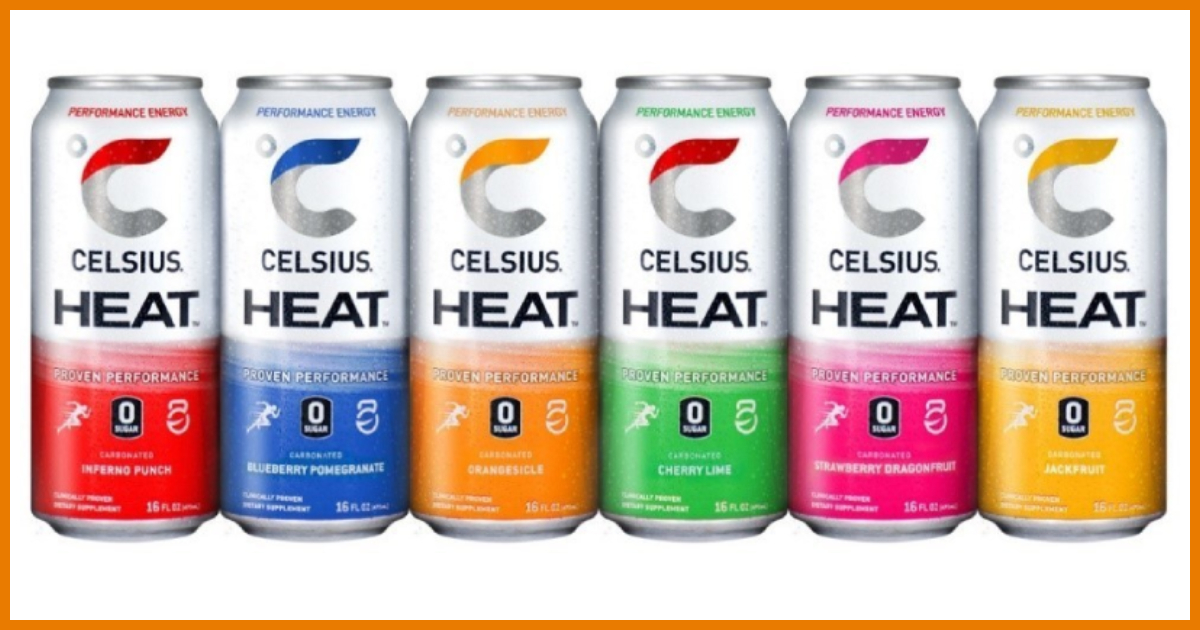Licensing Boosts Brand Recognition for Energy Drinks

By Mark Seavy
Will Liquid Death’s entry into the ultra-competitive $23-billion energy drink market trigger outbound licensing in a category that, so far, has shown little interest in it?
Liquid Death has licensing programs for its well-known water, which hit the market in 2019, and it took booth space at Licensing Expo in June to display caps, t-shirts, jackets, and other products.
Yet among the cadre of competitors in the energy drink space—including Red Bull, Monster Energy (which also owns the Bang and Reign brands), PepsiCo’s Rockstar Energy, Nutrabolt’s C4, Celsius Holdings, and Keurig Dr. Pepper’s Ghost—interest in outbound licensing so far has been muted.
Instead, many of the brands have been active in inbound licensing and collaborations. For example, Nutrabolt’s C4 paired with Unilever’s Popsicle and Ghost has co-branded with Sonic Drive-In, influencer PewDiePie, Impact Confections’ Warheads, and Mondelez International’s Sour Patch Kids and Swedish Fish. Most of the attention in this market, however, has been given to sponsorship.
The market share leader Red Bull (43%), for example, has been a Formula 1 racing team sponsor since 2005 and most recently formed Oracle Red Bull Racing in 2022 with the tech company signing on for $500 million. Red Bull has also collaborated with LEGO for a building kit based on Oracle Red Bull Racing’s F1 driver Max Verstappen’s RB20 F1 car.
Monster is a sponsor with McClaren F1 but has also secured deals with the motorcycle racing’s MotoGP and bicycling’s BMX circuits. Liquid Death was a sponsor for the Live Entertainment and Download music tours.
“Many of these [energy] drink companies are making so much money that the licensing program isn’t of paramount concern to them,” said Matt Kavet, President of Boston America, which sells energy drinks under a range of licenses, including the Chucky character form the Child’s Play film franchise and Netflix’s One Piece anime streaming series. “They have so much margin in their products, and it may be that making an 8% royalty on a line of toys isn’t that exciting. But those companies that aren’t among the top ones need to develop some brand recognition of their own.”
That need for brand recognition in the energy drinks market is growing as the business is consolidating.
Keurig Dr Pepper struck a sales and distribution agreement with Black Rifle Coffee Co., which launched an energy drink line earlier this year and bought a 60% stake ($990 million) in Ghost last fall with an option to purchase the remainder in 2028. In doing so, Keurig Dr Pepper is shifting distribution to its network from Anheuser Busch InBev. Keurig Dr Pepper also purchased a 30% stake in Nutrabolt’s C4 in 2022. PepsiCo retains an 8.5% stake in Celsius in addition to its ownership of Rockstar. And Coca-Cola Co. made a failed run at Monster in 2010.
As the energy drink business works through investments, mergers, and acquisitions, there is also a need for brand protection. Celsius t-shirts, for example, were being promoted both on Temu ($8.42) and the Printerval marketpace ($12.95), which bills itself as a platform for independent artists. Whether either of the t-shirt logo designs is licensed wasn’t clear.
“There’s significant potential in this category given the lifestyle positioning of many energy drink brands,” said Stuart Seltzer, President of Seltzer Licensing Group. “Collabs with nostalgic or pop culture brands can create buzz and expand reach beyond traditional channels.”




